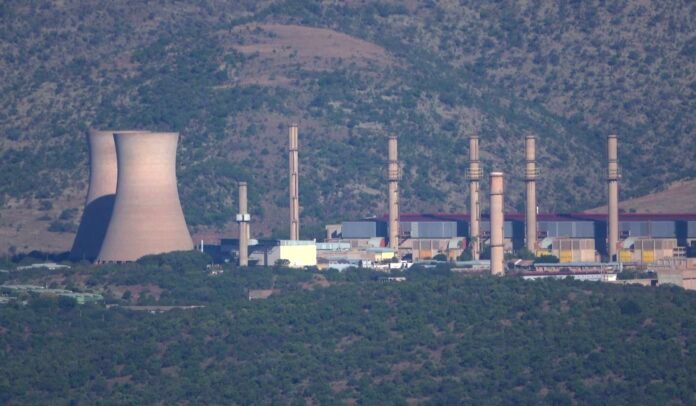South Africa is taking concrete steps to revive its long-stalled Pebble Bed Modular Reactor (PBMR) project, with the government aiming to lift its care and maintenance status by the first quarter of next year—or possibly sooner—Electricity and Energy Minister Kgosientsho Ramokgopa announced on Wednesday.
“We are far advanced in our internal processes to make the case to lift the care and maintenance on the PBMR,” Ramokgopa told reporters during a media briefing.
Once a global leader in small modular nuclear reactor development, South Africa suspended its PBMR program in 2010 after investing more than 10 billion rand ($577 million) without completing a planned demonstration reactor.
Ramokgopa said the revival of the PBMR is part of the country’s broader strategy to diversify its energy mix and re-industrialise its nuclear sector. He highlighted growing global interest in small modular reactors (SMRs), noting that major technology and data centre investors are increasingly looking to SMRs as a sustainable energy solution.
“We are seeing huge opportunities around the world, with major players on data centres the biggest investors in SMRs,” he said.
State-owned utility Eskom currently operates Africa’s only commercial nuclear power station at Koeberg, near Cape Town. Meanwhile, Egypt is constructing its first nuclear plant, and several African nations—including Namibia, Niger, and Ghana—are exploring nuclear energy options.
South Africa’s forthcoming 2025 Integrated Resource Plan (IRP), expected to be released this week, outlines the addition of more than 105 gigawatts of new generation capacity by 2039. More than half of this will come from renewable sources as the country works to reduce its heavy reliance on coal.
The IRP also envisions 5.2 gigawatts of new nuclear capacity, alongside 16 gigawatts from gas, 34 gigawatts from wind, and 25 gigawatts from solar photovoltaic (PV) power. The plan further suggests that South Africa’s industrialisation strategy will guide the assessment of a potential 10 gigawatts of additional nuclear capacity.
Ramokgopa added that potential international partners—including China, South Korea, the United States, and Russia—could collaborate with the South African Nuclear Energy Corporation (Necsa) on developing the next generation of small modular reactors.
Egypt’s Suez Canal Authority Inks $2 Billion Deal to Build Petrochemical Complex in Ain Sokhna
“We don’t think we will run out of suitors who can partner with us on the PBMR,” he said.
Ghana Begins Visa Talks with US and Canada Ahead of 2026 FIFA World Cup
Source:Africa Publicity








